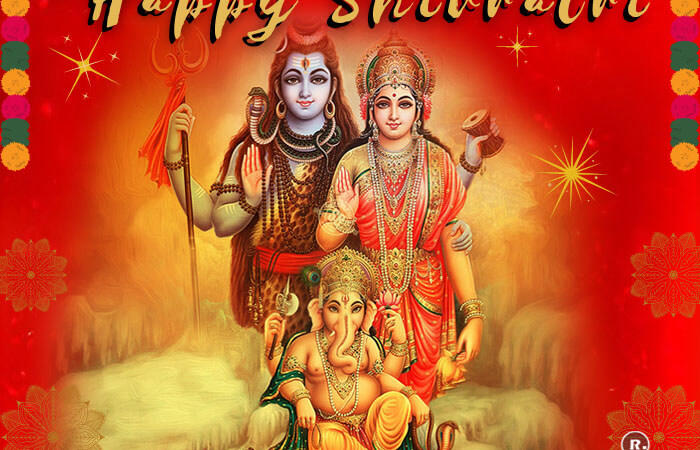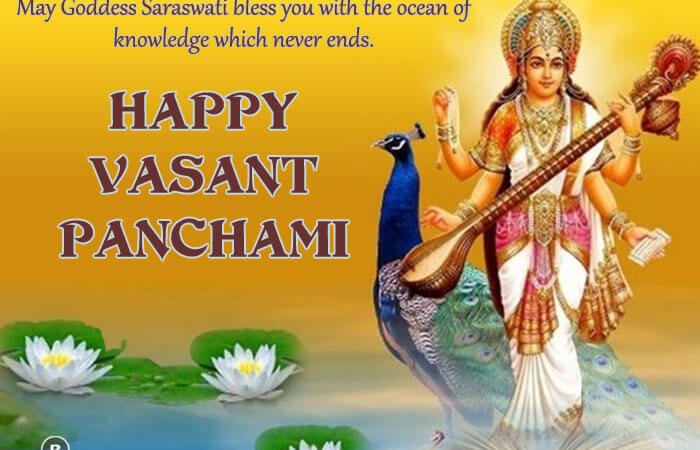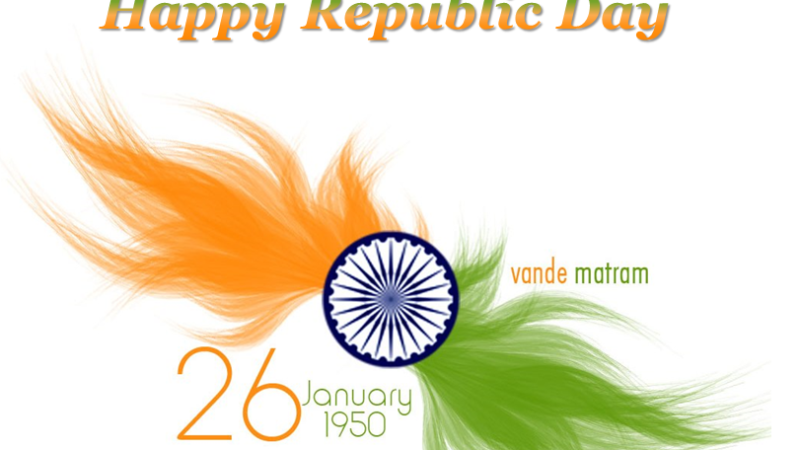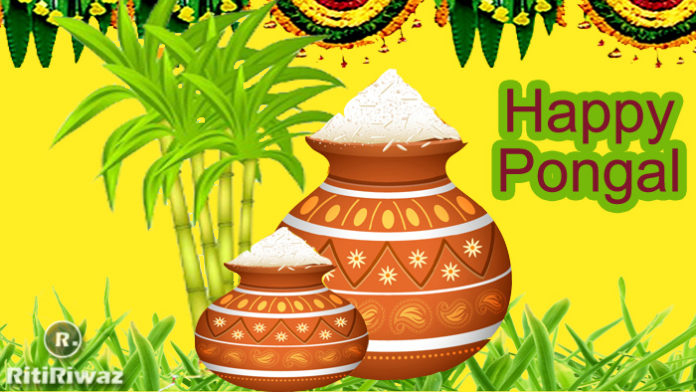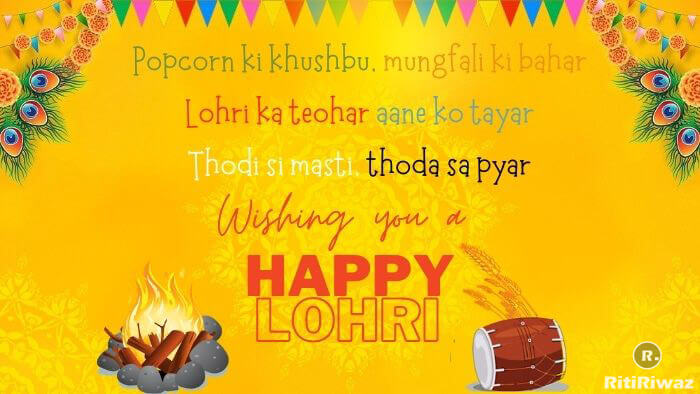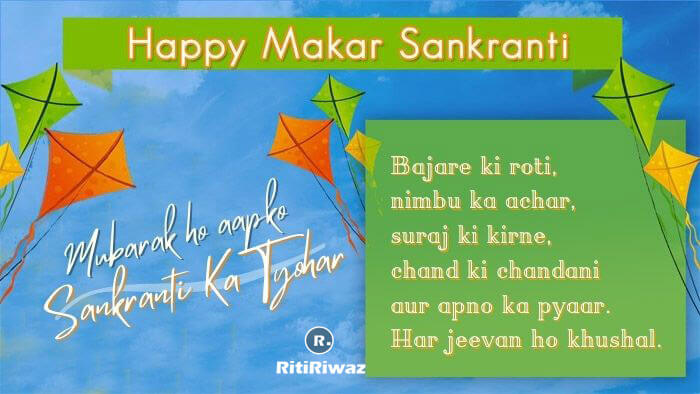Unity In Diversity
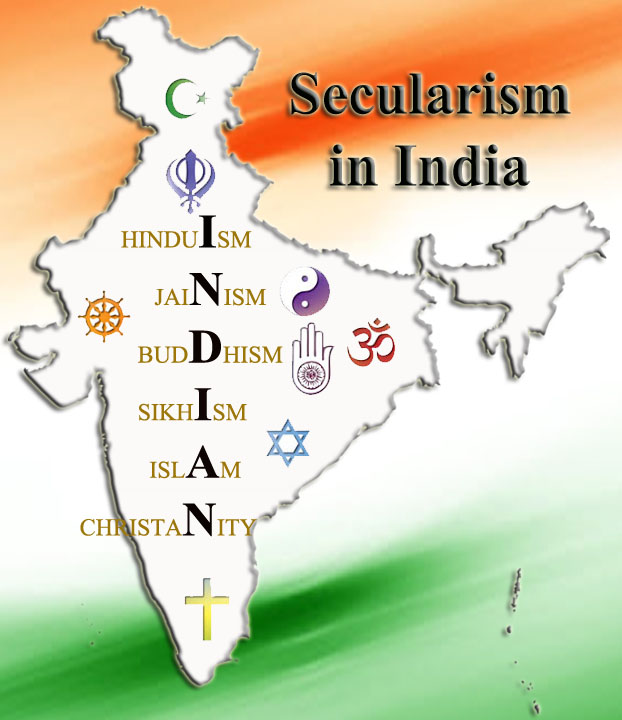
India is a big country and its civilization is around 6000 years old. India has given birth to the world’s most important cultures and religions and has also accepted different cultures of the world.
People of different races of the world have come to India and settled here and have absorbed and embraced different faiths, cults, beliefs, sects, religions, languages, manners, lifestyles, etc. Unity and synthesis are the embodiment of Indian culture.
In India, people of different cultures live together with harmony, which makes India a multi-religious society. Besides Hinduism, other religions like Christianity, Islam, Sikhism, Buddhism, and Jainism have a large following in India. Hinduism is practiced by more than 80.4 percent of the people, there are 13.4 percent Muslims, 2.3 percent Christians, and 1.8 percent Sikhs. The rest of the people follow Buddhism, Jainism, and other religions.
India is famous for religious festivals. Hindu festivals like Diwali, Dusshera, Holi, etc. are celebrated all over the world. Muslims celebrated Eid, Christians celebrate Easter and Christmas, Sikhs celebrate Guru Nanak Jayanti. Buddha Purnima and Mahavir Jayanti are celebrated by the Buddhists and the Jains respectively. During these festivals, people exchange greetings, forgetting their religious affiliations.
India is a secular nation and it is clear from the Preamble of our Constitution. We find a kind of emotional unity in our country. The very name of our country India brings us emotionally close. We may be in any part of the world, but we will always be called Indians, no matter what religion we follow and what religion we belong to. India’s diversity has always been recognized as a source of its strength.
When the British ruled India, women, and men from different cultural, religious, and regional backgrounds came under one umbrella to oppose and drive them out of the country. India’s freedom movement has thousands of people of different backgrounds in it. Jawaharlal Nehru in his book “The Discovery of India” says that Indian unity is not something imposed from outside, but rather it is something deeper and within its fold, widest tolerance of belief and customs is practiced and every variety acknowledged and even encouraged.
Independent India inherited a conservative community that followed the rigidity of the caste system and had diverse religions. The Indian Constitution attaches paramount importance to secularism. It states that there would is no state religion in India. The state will neither establish a religion of its own nor confer any special patronage upon any particular religion. The typical Indian concept of secularism is defined as Sarva Dharma Samabhava.
Indian civilization has always been based on religious and moral values. Herein lies its unity and strength. in all parts of the country, cultural unity, the unity of the way of life and outlook transcends the vast diversity in faiths and beliefs, at times bordering on superstition, magic, charms, and other practices. One may travel from one part of the country to another and everywhere he will recognize a common thread in some aspect of life, which makes him feel at home. This is because the Indian culture has preserved its fundamental character through the ages.
We have experienced revolutionary economic and political changes in recent times, but our past clings very much to us. Our rich cultural heritage has passed from one generation to another and in this process, it has got nurtured and renewed.
Indian culture has remained alive and dynamic because it has always been tolerant of different cultures. It imbibed the good qualities of other cultures and constantly upgraded itself. The influence of various cultures has made it rich and vibrant. Significant contribution has been made to it by the Dravidians, Aryans, Greeks, Persians, Arabs, Mughals, and Europeans. The Persian and Western influence on our art, literature, painting, and the dress has now become an integral part of our own culture.
At times, we have witnessed conflicts and disturbances. Certain anti-national and external forces try to disrupt the unity of the country by arousing communal feelings and sentiments. The demolition of Babri Masjid, Mumbai blasts, the massacre of innocent Sikhs in the 1984 riots, Gujarat riots of 2002, blasts in the capital of the country, terror attack in Mumbai, etc., resulted in the loss of thousands of lives. The militancy problem in Jammu and Kashmir and the North-East have further weakened the secular fabric of India.
Terrorism should not be allowed to raise its ugly head and destroy our basic unity. We can overcome this problem if we bury our differences and work unitedly for the unity and integrity of the country.
In recent times, there has been a cultural awakening of the educated youth, who have become aware of the beauty of our art forms and crafts. They have started taking interest in educating themselves about their rich cultural traditions. The government has also started organizing big cultural events to promote national integration. It has set up four regional cultural centers in different parts of the country.
Now, National Youth Festivals are celebrated from 8th to 12th January every year. This is a major activity under the program of the National integration Camp (NIC). The idea behind this Youth Festival is to organize a gathering of youth so that the concept of National Integration, spirit of communal harmony, brotherhood, courage, and adventure may be propagated.
It is the effort of the government to strengthen the common bond of unity that ties the people together in spite of diversity in their religions and beliefs. The heart of India is one and we have inherited a common and rich culture. We should strive to strengthen the bond of brotherhood. We should uphold the torch of unity irrespective of our different faiths and creeds.

